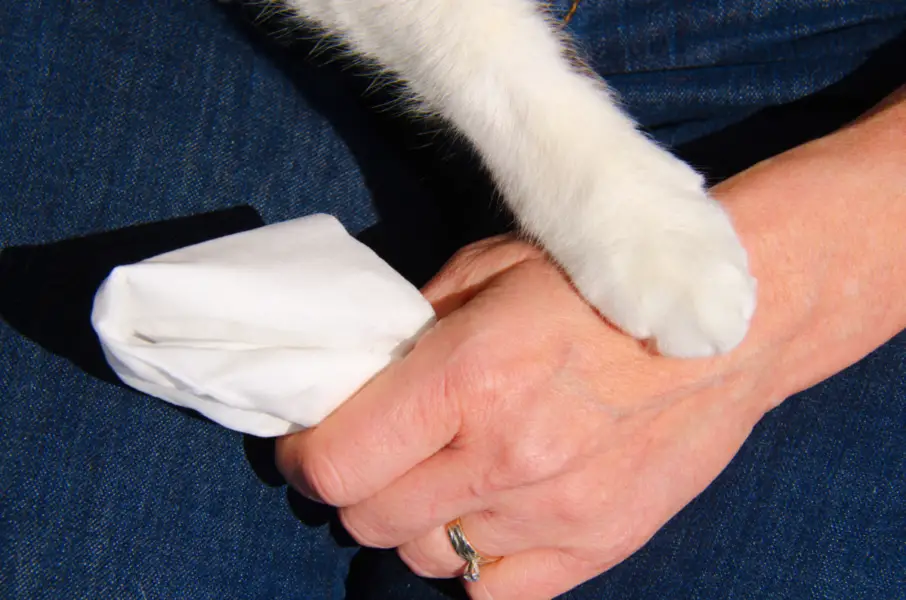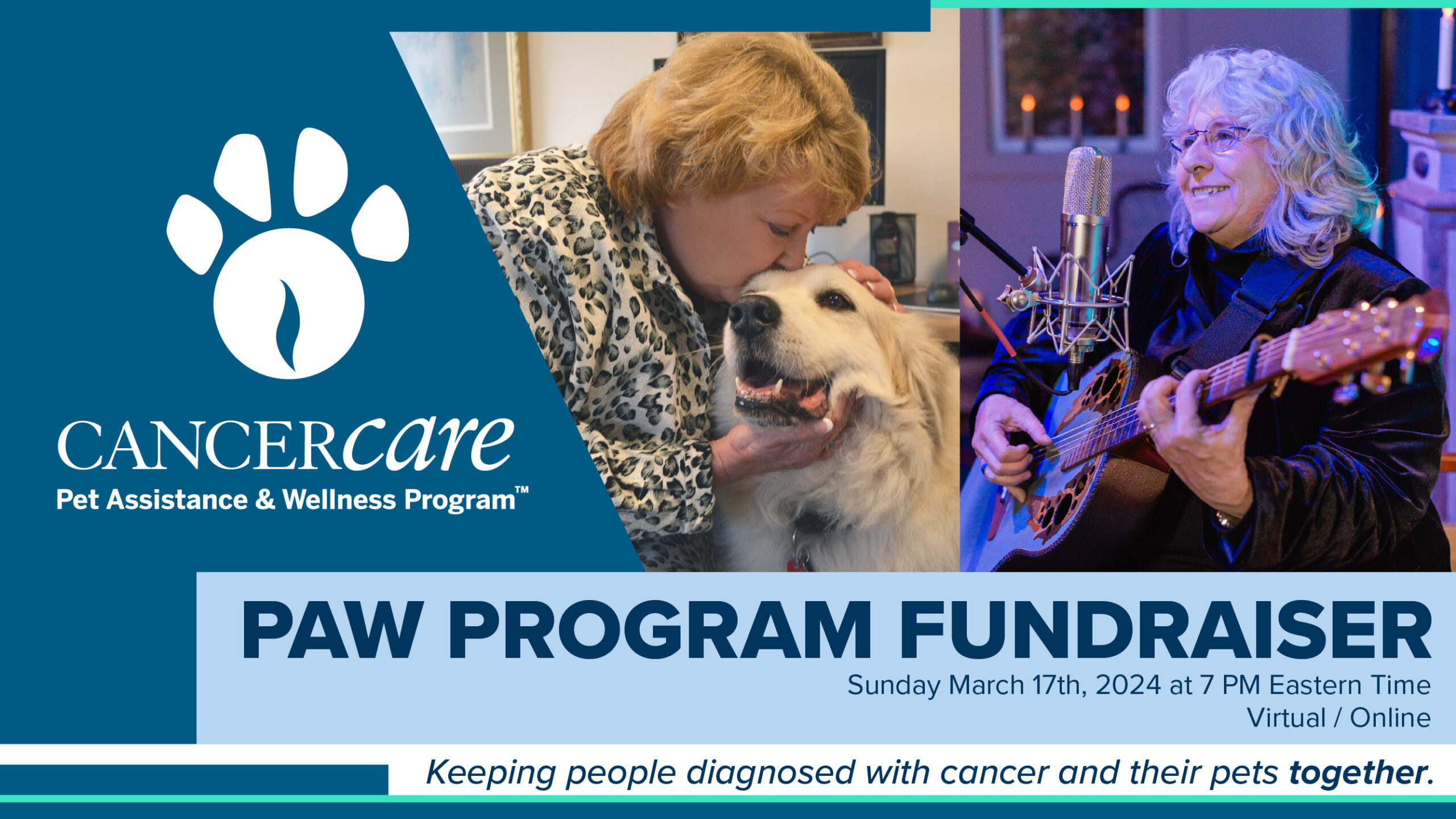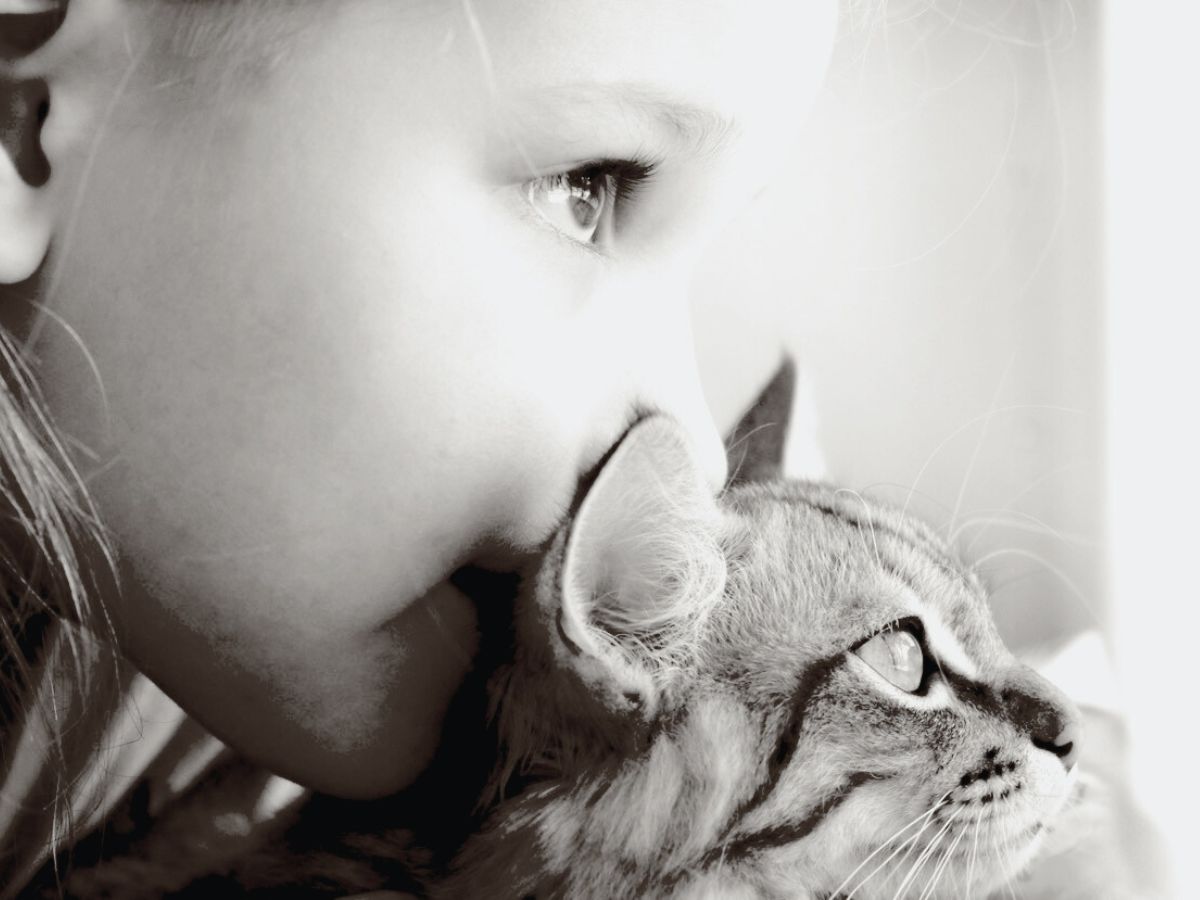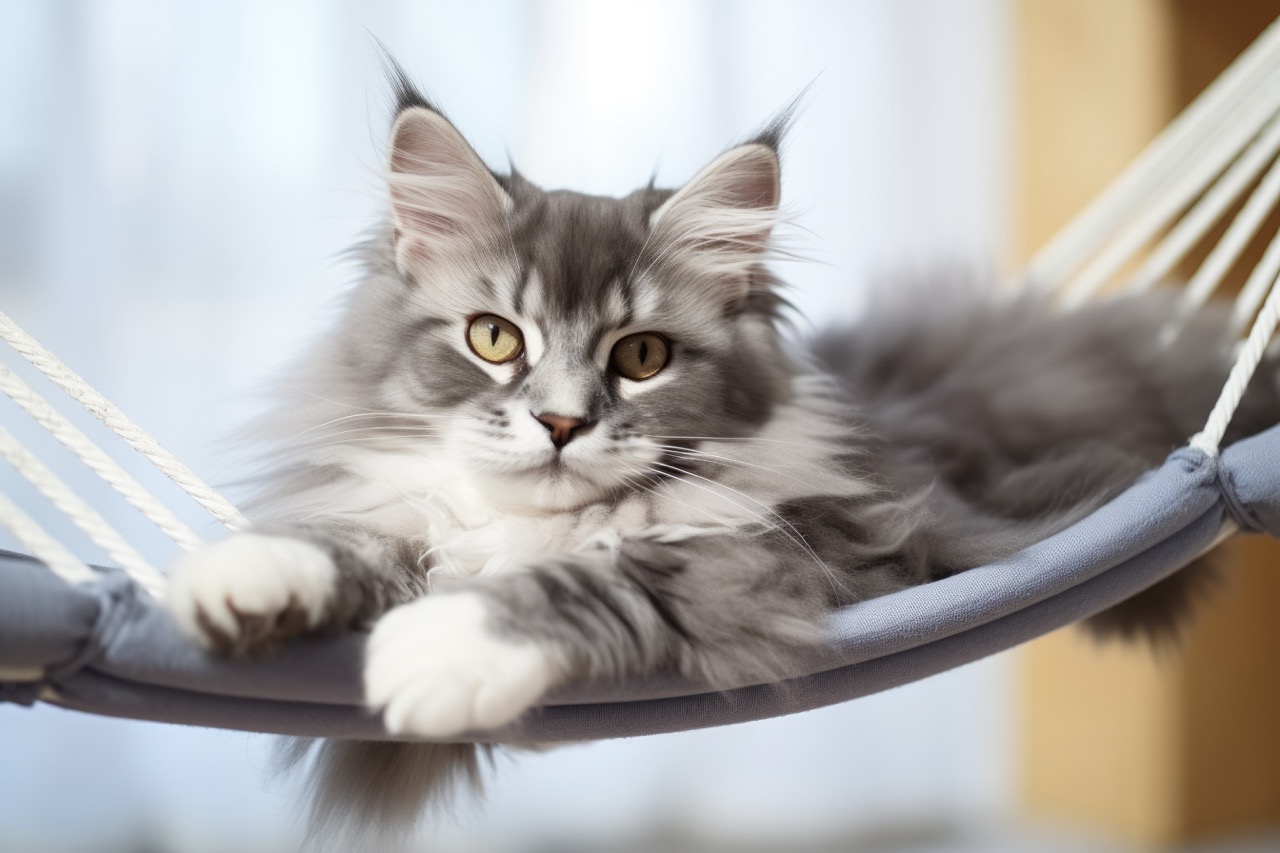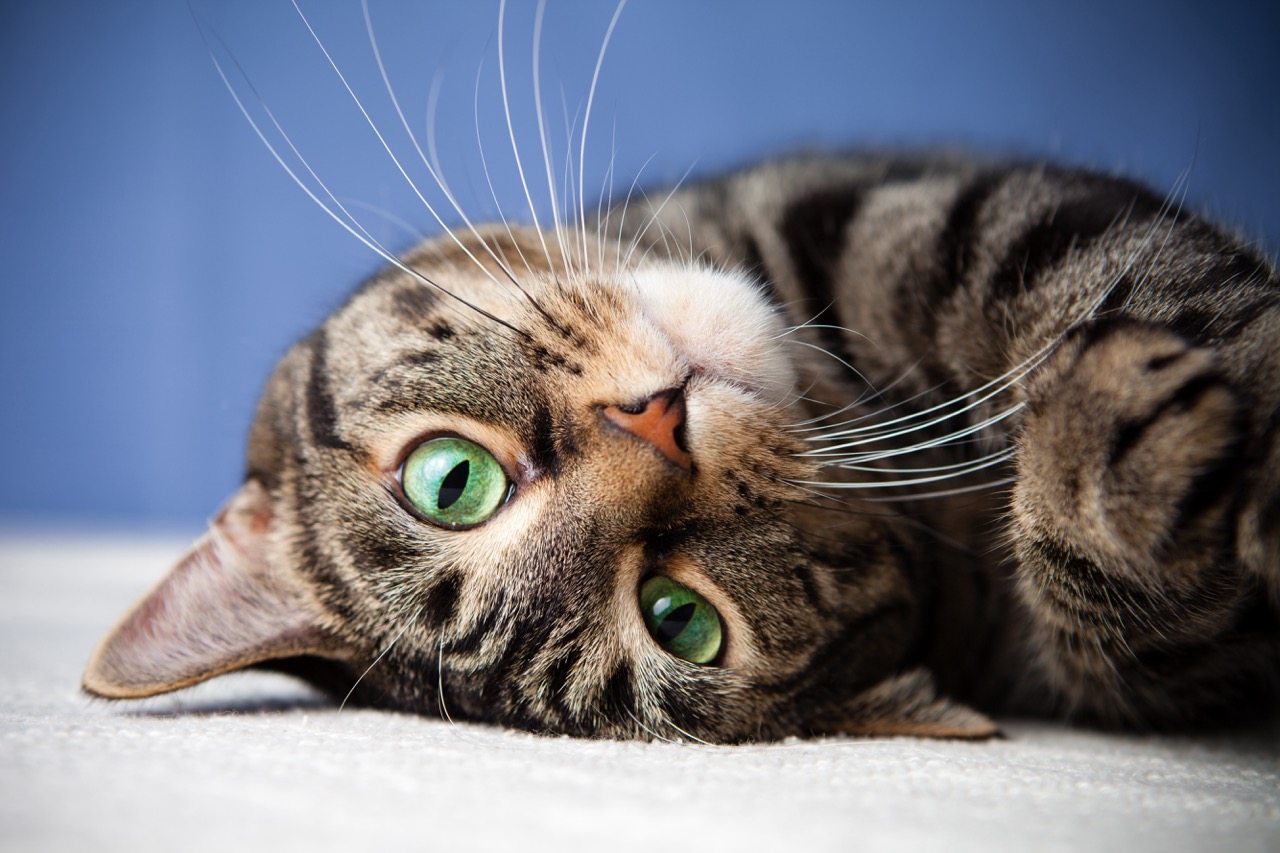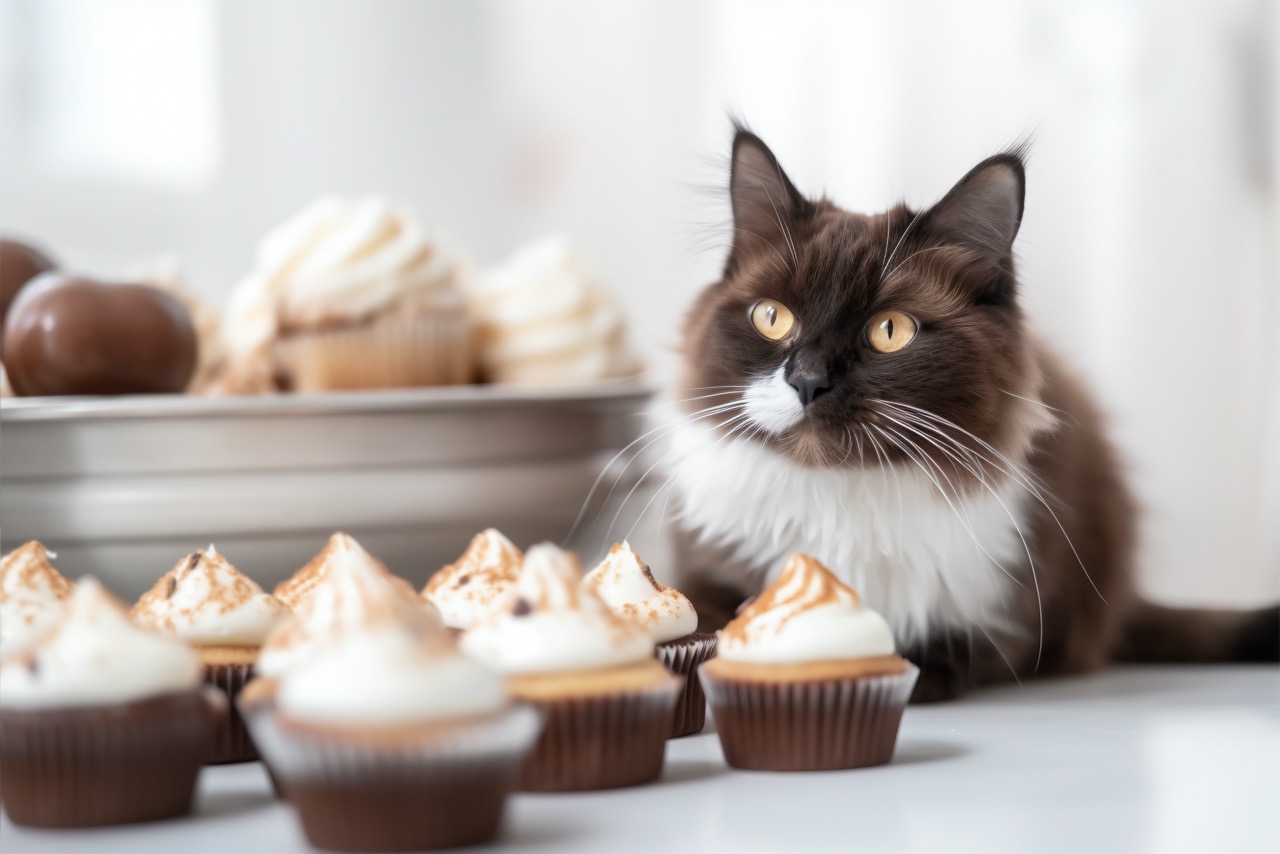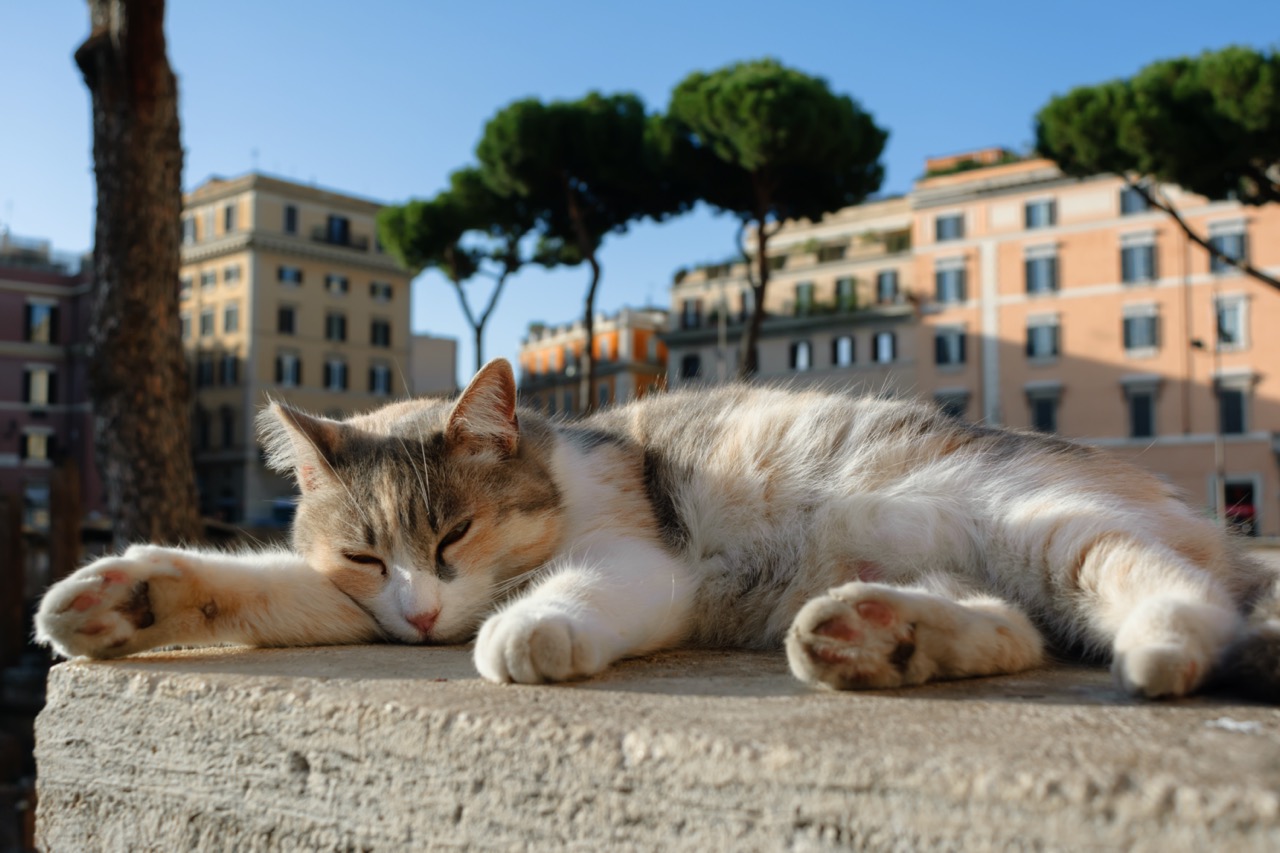Managing grief is an extremely difficult process for many people. Grief comes in many forms and follows many different circumstances. Bereavement can leave people feeling depressed, lonely, fatigued, and sad. Whether you’ve lost a pet, a loved one, or experienced a different type of loss, the feeling can be palpable.
Though the grieving process is one that takes time and looks different for everyone, there are tools to help the grieving process. Things like counseling and support groups are there to help people understand the stages of grief and how to cope. For those with pets, they can be another great tool in times of grief. It’s not only dogs that excel as companion animals for emotional support; many other types of animals offer the same type of feelings of comfort. For cat lovers the story is no different. Cats are emotionally tuned in and sensitive creatures that can help their human companions cope with grief.
Cats Are Great for Mental Health
Overall, cats are great for mental health. Whether you’re experiencing grief or not, cats have a way of improving mental health as a whole. Your cat can relieve your stress, calm feelings of anxiety, and improve overall happiness just by offering a positive and consistent symbiotic relationship with you. Animals offer many perks to our happiness by increasing oxytocin, dopamine, serotonin, and endorphins in our brains, leaving us feeling happier whenever we are around them. For those dealing with the effects of grief, these feelings can be extremely important in helping to cope.
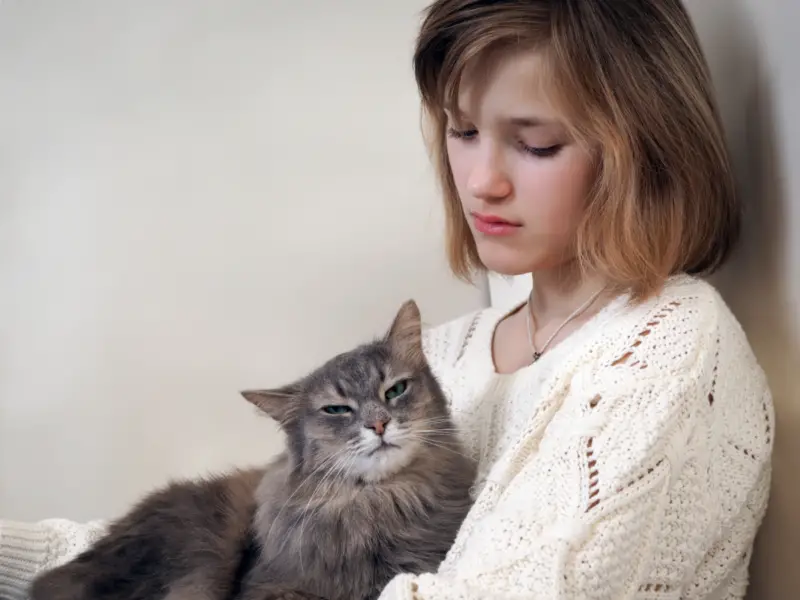
Cats Offer Companionship
The process of bereavement looks different for everyone. Some people prefer solitude during the grieving process, others find comfort in the company of others. Each step in the stage of grief doesn’t last forever, but there can be some troubling consequences in spending too much time without some sort of companionship through the process. Withdrawing from those you love, the things you enjoy, and outside obligations can lead to troubling battles with long-term depression as a result of loss. One of the tips in managing grief is to seek face-to-face support. For some people, that face-to-face support can be exhausting and difficult. For that reason, people can seek support online, with a counselor, or, in a small way, an animal companion.
The great thing about a cat’s companionship is the absence of expectation. Sometimes it can be hard to experience companionship with people in times of grief in a way that isn’t overwhelming to the process. With an animal’s companionship comes a no-nonsense relationship that can help mental health and feelings of loneliness without leaving a person feeling like they have to say a certain thing, act a certain way, or interact in socially expectant ways. Seeking face-to-face support can be a healthy step in coping with grief, but support offered by an animal that doesn’t require the same expectations that human interaction does can be helpful as well.
Cats Are More Independent
Many animals make great companions to help cope with grief, but cats can be especially helpful due to their independent nature. Dogs are amazing, loving, and happy animals, but in many cases, they require a lot more from you than a cat does. On one hand that’s a great thing: a dog’s needs can help push you to get outside; dog owners tend to exercise more; and you’ll have a high sense of purpose in a time when it can be hard not to flounder. On the other hand, it can be nice to gain the companionship of an animal that doesn’t require constant attention. In times of grief, normal everyday responsibilities can feel cumbersome and overwhelming. A cat doesn’t need you to take it for a walk or throw a ball. A cat, especially an older cat, is content with you filling its bowl and curling up on the couch and snuggling with you.

Cats Are Emotionally Tuned In
If you look into a cat’s eyes, you can see the emotion there. They are not the uncaring and aloof animals they are stereotyped as. Many cats are incredibly tuned into the emotions around them and are very sensitive to the emotions of their owners. Cats have a similar emotional intelligence to dogs and act differently based on subtle changes in our behavior. Their changes are not as noticeable as the changes in a dog and their reaction to emotion, but the changes are there.
For some people who are coping with grief, sleeping can be a difficult aspect in the process. Sleeping with your cat is not always easy as they tend to be nocturnal naturally, but feeling the purrs from a sleeping, content cat can be extremely helpful for those experiencing sleeping issues tied to grief. Purring can lower stress, ease anxiety, and lower blood pressure which can help for many coping with sleep issues tied to grief.
Cats Can Move at Your Pace
Cats are great at problem solving. They may be extremely cautious in new situations, which is why things like moving can be stressful for them, but adaptability is in their nature. If things change in your home or in your temperament during times of grief, your cat will adapt and learn to move at whatever pace you’re moving at. They may exercise caution during a change in routine, but they will work around that change until they feel comfortable with it. If you spend more time lounging, they will lounge with you. Many cats are great at play time by themselves and may not require as much participation for interactive play. Lacking motivation in these activities doesn’t last forever when experiencing grief and when you’re ready to begin your normal routine, your cat will be ready to move at your pace.
Experiencing grief is something that is hard to understand until you’ve gone through it. Many people who have gone through the stages of grief have credited their animals with being a major positive influence in their experience. In reality, many types of animals offer emotional support, from the tiniest mouse to the tallest horse. Each animal can offer something slightly different, but each one offers pure love and comfort to their owner. For cat owners, they’ve seen the support and love they offer firsthand. When dealing with grief, a purr and a head nudge go a long way.
Have you ever leaned on your cat for comfort during times of grief? How has your cat helped you when you’ve been down?
About the Author
Chelsy Ranard is a writer from Montana who is now living in Boise, Idaho. She graduated with her journalism degree from the University of Montana in 2012. She enjoys napping with her cat, throwing a Frisbee with her pup, and volunteering at Simply Cats in Boise.
